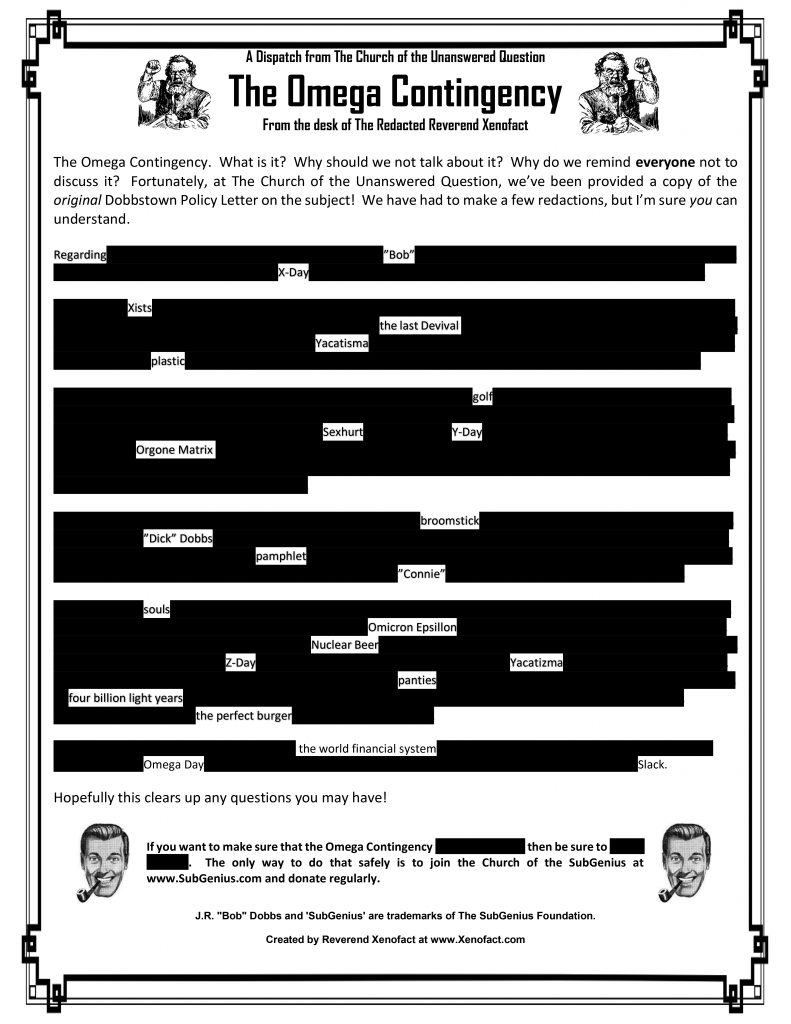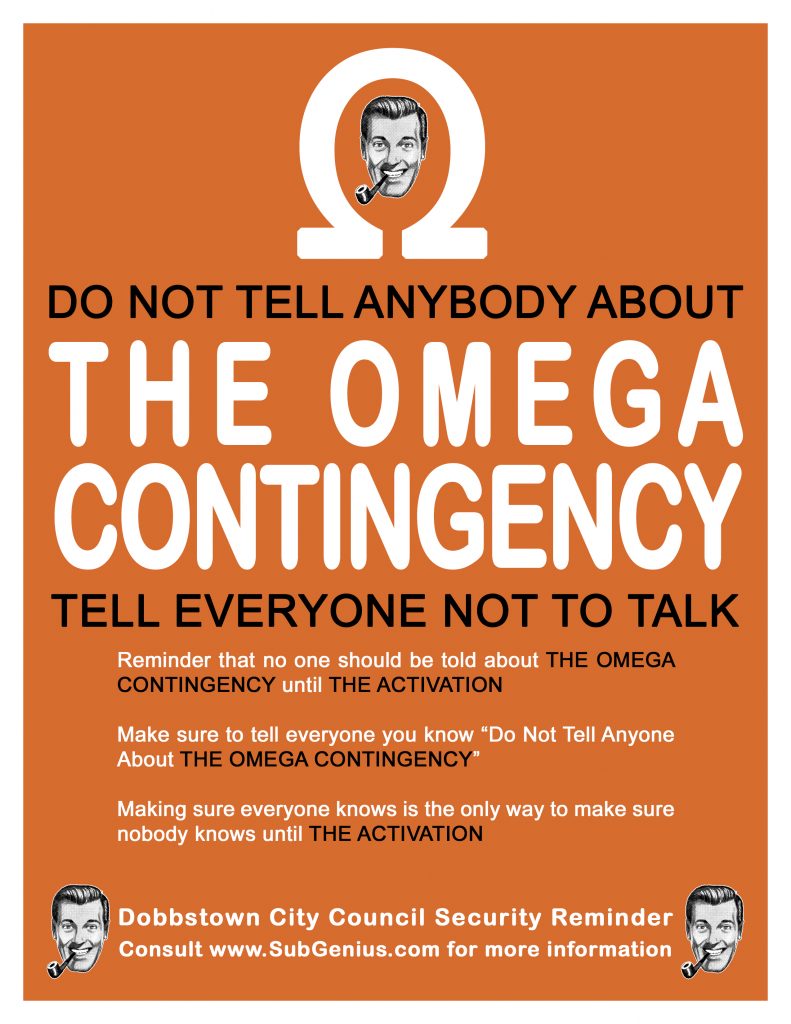Ever see someone who wrote a great book of wisdom and gave a few good speeches change into something not them? Maybe they become some ranting crank, maybe they’re churning out shit, but they’re not the person you thought they were. I mean sure maybe they were always an asshole, but not every wise person you admire can be a horrible twit.
What the hell happens to these truly people that make their fifth book so full of bullshit, egotism, crank rants, or all three? Let me propose that in too many cases the issue is they keep going.
Some people have one to a few good books in them and that’s fine. I mean no one is angry that Lao-Tzu wrote one (OK, maybe two) books. I’ve seen many authors who do one or two books of advice and happily go back to whatever they do or write something different.
But we all know many an writer that keeps going. It seems that timeless wisdom becomes less wise and more time consuming as more and more books come out.
In our world, being a truly wise person, being a person of insight, means you will get exploited and be encouraged to exploit yourself. It can be overwhelming enough that an asshole will go for it, and a truly insightful person may not be insightful enough to fall into the trap.
Our capitalist economy is based on finding what makes money and squeezing the hell out of it. You’ll get book deals and opportunities, speaking engagements and convention schedules. Why it might even let you quit that job and be a wise person full time – and then you’re trapped as all you can do is keep doing more stuff even if there’s nothing more to say.
You might even say I’m not doing it for the money. But you may well bloody be doing it for the praise, the adoration, and the confirmation. You have confirmation people want you, which can boost your ego or worse make you think you can keep helping people by doing the same thing. Meanwhile the publishers and marketers will be fine to add to their bank accounts thanks to you.
People don’t want you to go anyway! You wrote one good book that changed their lives, so keep changing it! Our culture doesn’t emphasize reading and rereading classics, it pushes the new, the latest, the better-than-last.
What our society does not do is say “you left us some truly great wisdom with this book or two, thank you” and move on – and lets the writer move on. We damn well know one person can change the world with a book or two, but our culture and economy doesn’t let that happen.
Being someone with real wisdom to share can be a trap.
Again I’m not decrying writing a lot of stuff. I myself write here and under other names on many subjects because its my hobby – though I did have to learn when to stop. Other people have a lot to say about subjects – something I also do (and also had to learn when to stop). Yet others savor the challenge of covering a new topic each book, as a friend of mine does. What I am saying is it’s best to be aware that our culture and economy will wring every dollar out of you, lock you into doing the same thing, and you may well fall for it.
You can be good enough that you eventually end up not good at all.
I start appreciating many a mystic, monk, and weirdo who wrote a book or two, blew people’s minds, then headed into the mountains or started a band or retired to smoke weed. Sometimes the greatest gift is to shut up and do something else and let people appreciate your brilliance.
– Xenofact


